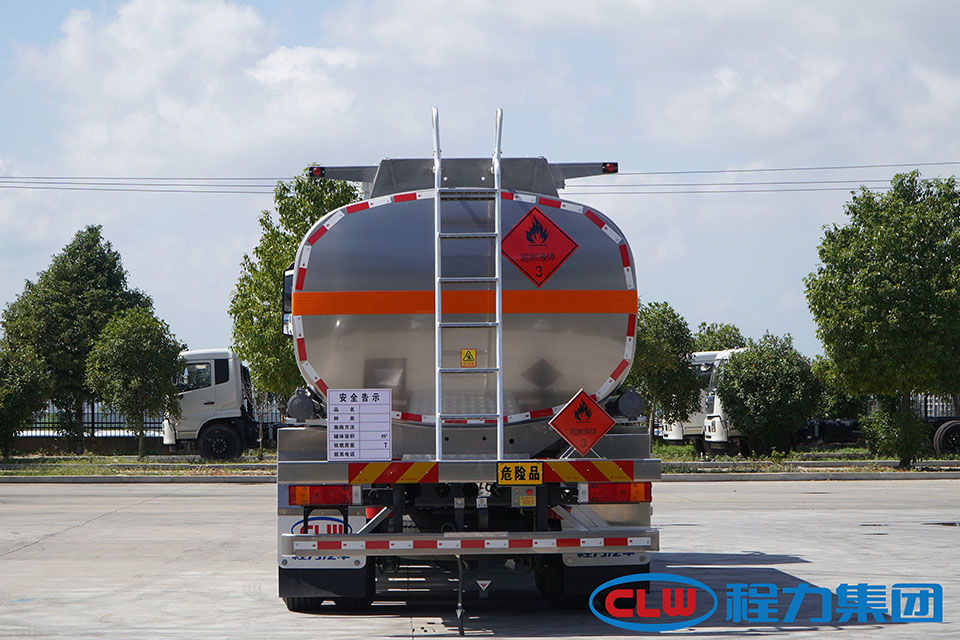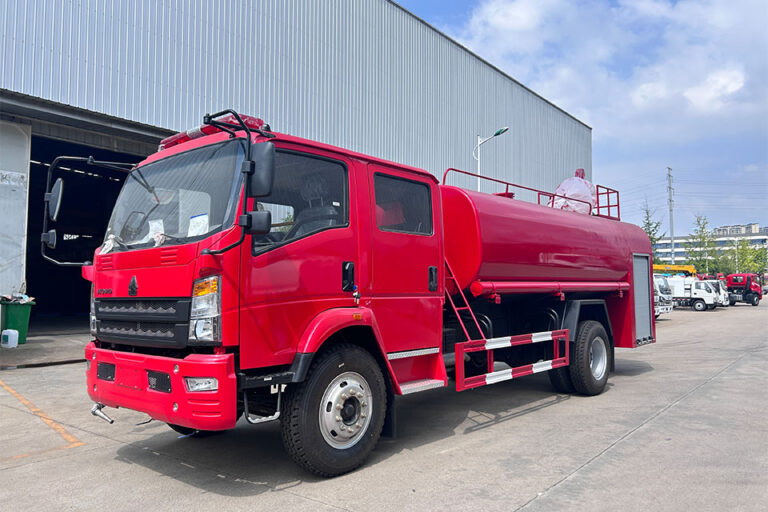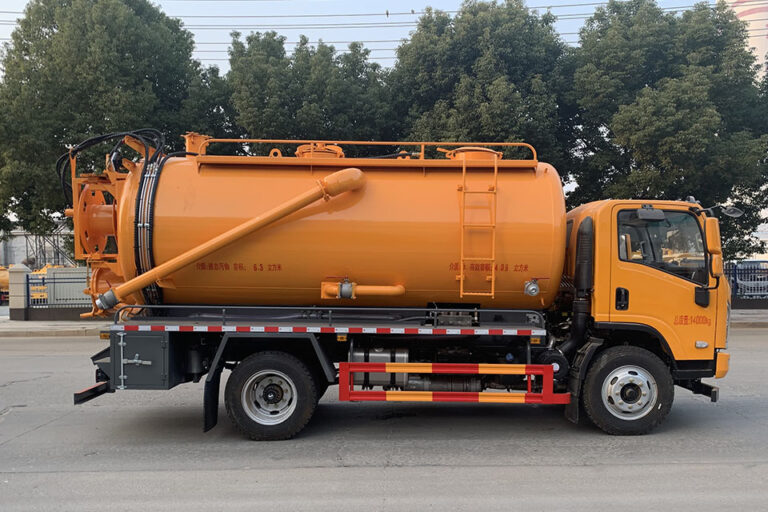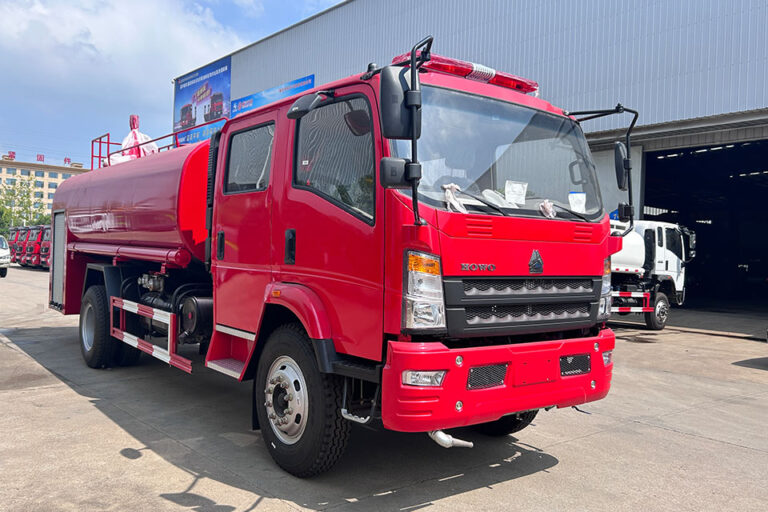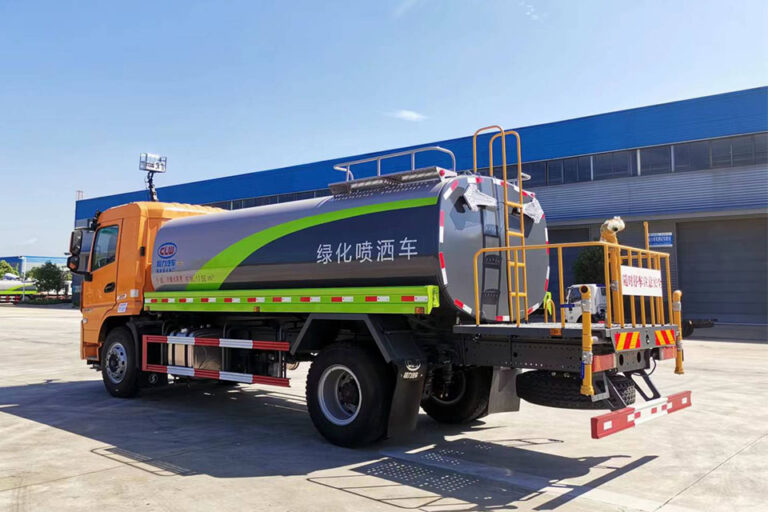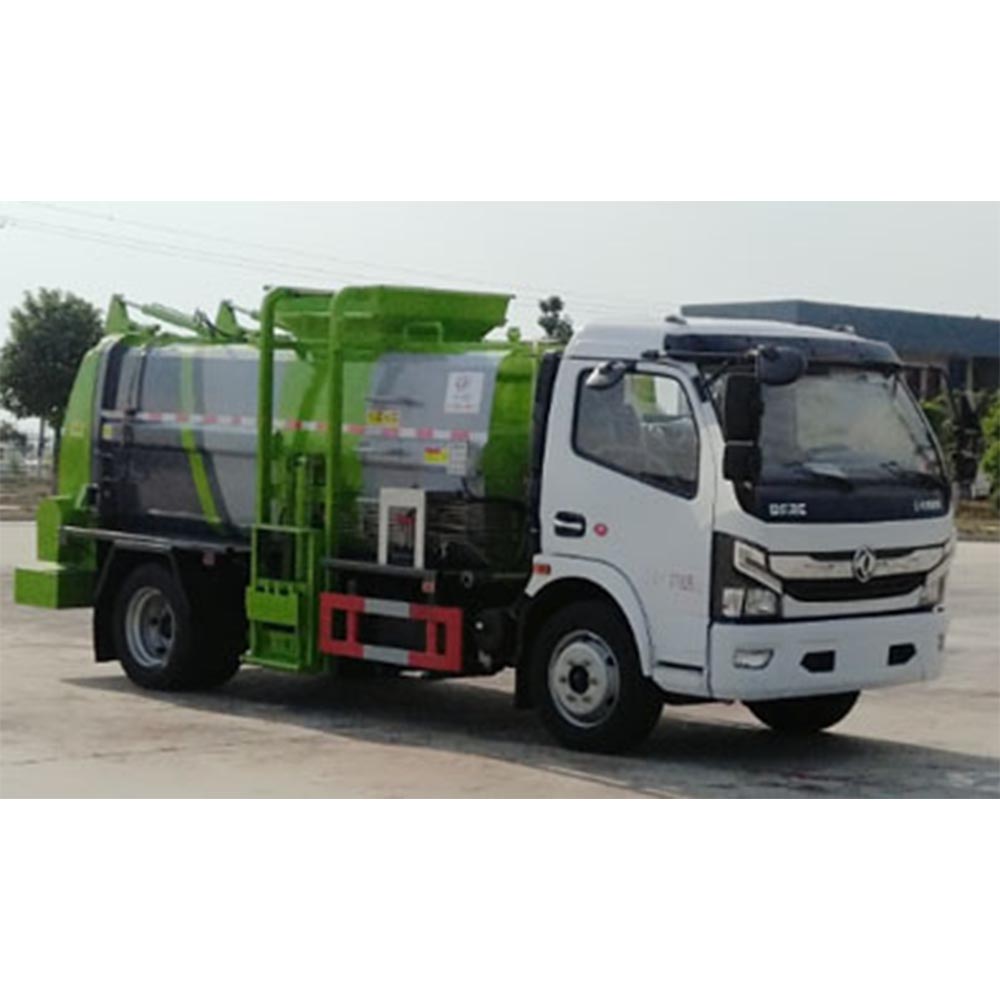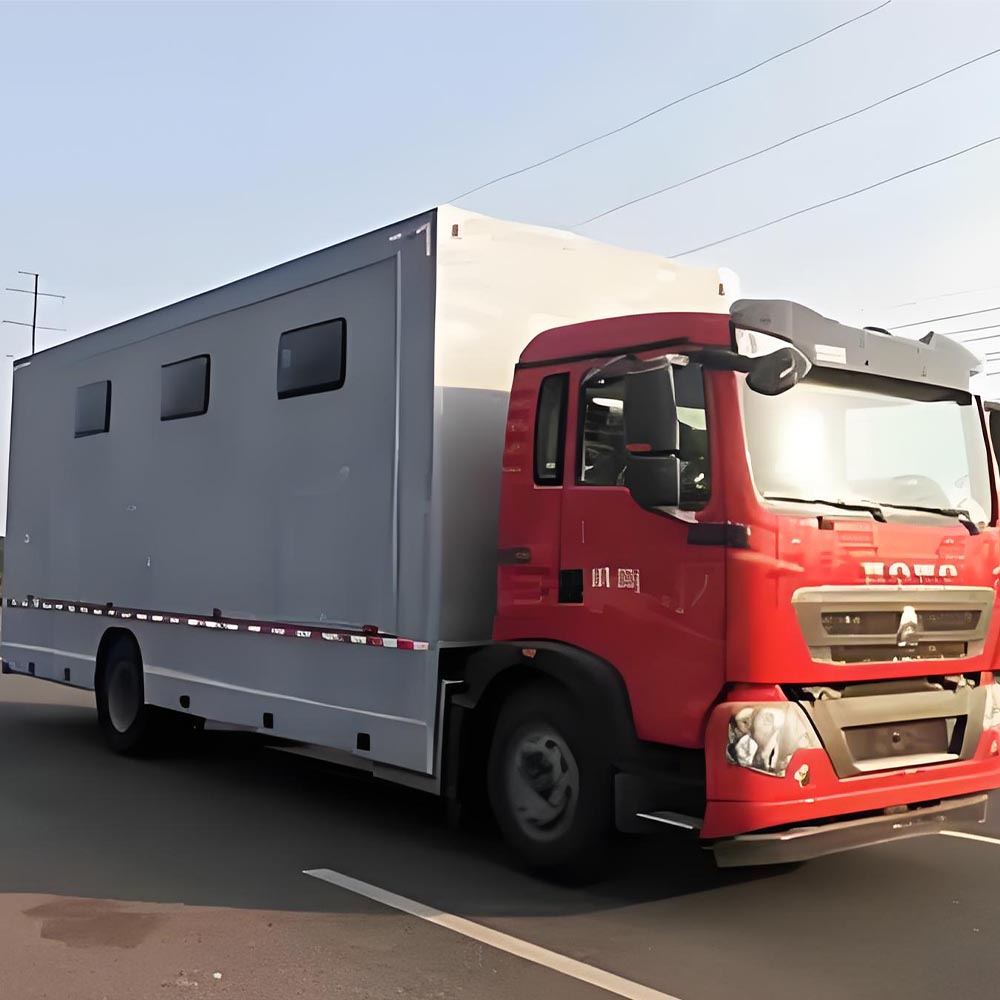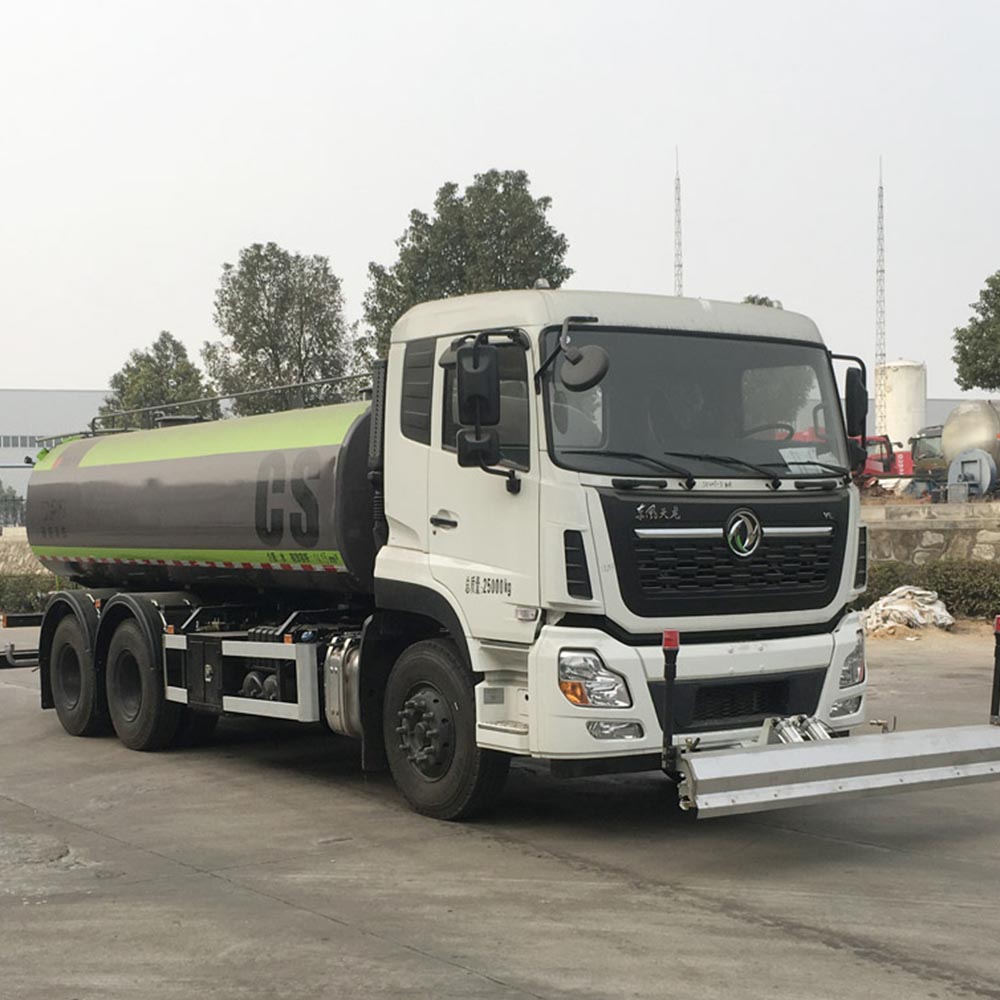-
Chengli Automobile Industry Park
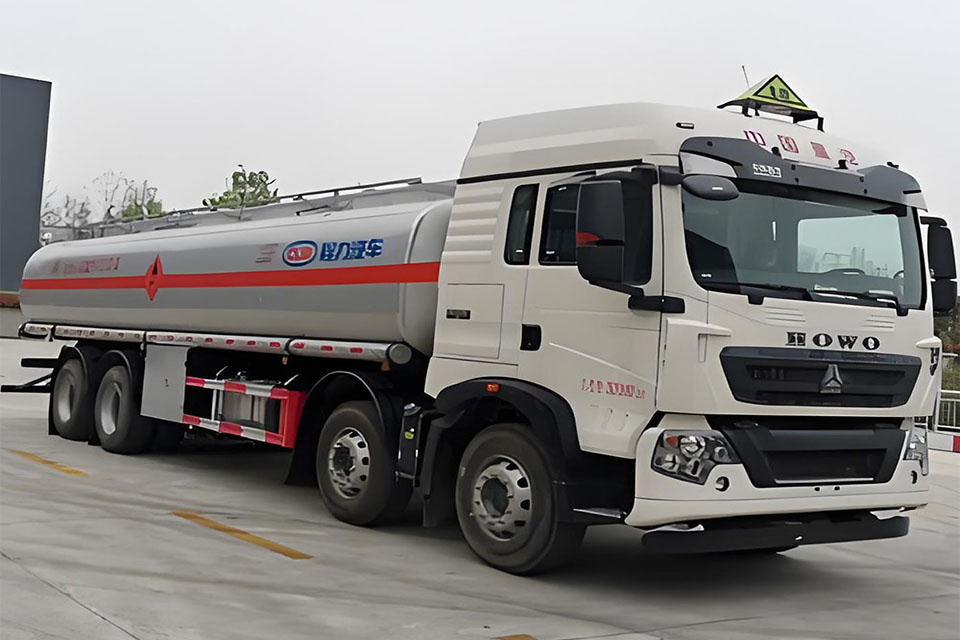
Do tanker trucks have to be made of aluminum?
Are Tanker Trucks Made of Aluminum? What You Need to Know
Do tanker trucks have to be made of aluminum? The short answer is no. But there’s more to know about the materials used in tanker trucks and why some are made of aluminum while others use different materials.
Table of Contents
What Materials Are Used for Tanker Trucks?
Tanker trucks come in many types. Let’s look at what they can be made of:
| Material | Benefits | Common Uses | Market Share |
|---|---|---|---|
| Aluminum | Lightweight, rust-resistant | Fuel transport, chemicals | 75% of trucks by 2025 |
| Stainless Steel | Very strong, good for food | Food products, some chemicals | Common for food-grade liquids |
| Carbon Steel | Lower cost, very strong | Heavy industrial liquids | Used for non-corrosive cargo |
| Fiberglass/Plastic | Lightweight, corrosion-proof | Specific chemicals | Growing in specialty markets |
Tanker Truck Materials Comparison
Market share and material properties for modern tanker trucks
75%
Projected aluminum usage by 2025
50+
Countries with exported tankers
25%
Weight reduction with aluminum
15%
Fuel savings potential
Why Aluminum Is So Popular for Tanker Trucks
Aluminum has become the top choice for many tanker trucks because:
- It weighs less – This means trucks can carry more liquid while using less fuel
- It doesn’t rust – Very important when carrying fuels and chemicals
- It lasts a long time – Good value over many years of use
- It meets safety rules – Works well with DOT-412 standards for dangerous liquids
A truck driver from an LPG Liquefied Gas Tanker Truck company told us: “We switched to aluminum tanks five years ago. Now we can haul more product with the same truck.”
Special Types of Tanker Trucks and Their Materials
Not all tanker trucks are the same. The job they do decides what they’re made of:
- Corrosive Cargo Tanks (MC-312/DOT-412): Made with special aluminum or lined steel to handle strong acids like sulfuric acid
- High-pressure tube tankers: Often use high-strength steel for gases under pressure
- Food-grade tankers: Usually stainless steel for easy cleaning and safety
- Fuel Tanker Trucks: Often aluminum for weight savings and safety
Safety Rules for Tanker Trucks
No matter what they’re made of, all tanker trucks must be safe. They must:
- Have strong tanks that won’t break
- Include safety valves to stop pressure problems
- Use special pumps to load and unload safely
- Meet all DOT rules for carrying dangerous materials
Changes Coming in 2025
New rules and market changes will affect tanker trucks in 2025:
- Speed limiters: The FMCSA plans new speed rules for big trucks in May 2025
- Aluminum tariffs: 25% tariffs on imported aluminum will raise costs
- More electronic tracking: Apps like KeepTruckin help follow safety rules
Aluminum vs. Steel: The Big Debate
Many truck owners are deciding between aluminum and steel. Here’s what they think about:
Benefits of Aluminum Tankers
- Lighter weight means more cargo capacity
- No rust problems even with corrosive loads
- 75% of trucks expected to use aluminum bodies by 2025
Benefits of Steel Tankers
- Lower upfront cost in many cases
- Stronger for some very heavy loads
- Easier to repair in some places
A driver who uses Corrosive Liquid Tank Trucks says: “For the acids we haul, aluminum with special linings is the only way to go. Steel wouldn’t last a month in this job.”
What Experts Say About Tanker Materials
Industry experts have clear opinions on tanker truck materials:
“Production growth drives tanker demand, and we expect stronger contributions from Brazil and the Americas next year.” – Jonathan Staubo, Oil Tankers Advisor at Fearnleys
The American Trucking Associations (ATA) offers resources to help companies pick the right truck materials for their needs.
Case Study: Why One Company Chose Aluminum
Green Transport Inc. switched their entire fleet of 50 tanker trucks to aluminum in 2023. Their reasons:
- They saved 1,500 pounds per truck
- This let them carry 1,500 more pounds of liquid
- They used 7% less fuel
- Their maintenance costs dropped by 15%
“The switch to Aluminum Alloy Tanker Trucks paid for itself in just 14 months,” says their fleet manager.
The Future of Tanker Truck Materials
The U.S. is working to make more aluminum at home. This includes:
- More recycling of aluminum
- New factories to make aluminum
- Less buying from other countries
This could help keep costs down even with the new 25% tariffs on imported aluminum and steel.
Do You Need to Choose Aluminum?
The answer depends on:
- What you carry – Some products need specific materials
- How much you carry – Weight savings matter more for big loads
- Your budget – Steel costs less upfront but might cost more later
- Safety rules – Some materials must be carried in specific tank types
Conclusion
Tanker trucks do not have to be made of aluminum by law. But many companies choose aluminum for its benefits. By 2025, about 75% of trucks are expected to use aluminum bodies.
When picking a tanker truck, think about:
- What you will carry
- How much weight matters to you
- Your long-term costs
- Safety rules for your cargo
With the right material, your tanker truck will serve you well for many years.
Learn More About Special Trucks
Want to know more about special trucks? Check out these helpful resources:
- Tanker Truck Supplier – For fuel transport solutions
- General Purpose Tanker – For various liquid transport needs
- Lightweight Aluminum Alloy Oil Tanker Truck – For efficient oil transport
